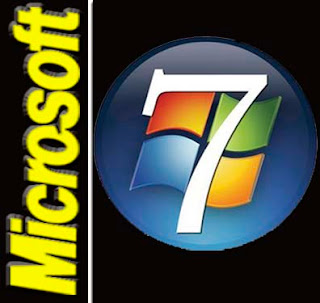Last month, Microsoft CEO Steve Ballmer confirmed at its annual financial analyst day that the Starter edition of Windows 7 would be limited to devices with small screens, small keyboards and low power processors. The new technology is called as Microsoft tax .
Details of these limitations had been leaked earlier, but this serves as confirmation, although the “blah, blah, blah, blah, blah” bit is troublingly unclear. Although I think that's what's behind this ambiguity is the fact that Microsoft has had to change plans. Because of bad publicity, Microsoft had to dump the idea of the three-app limit. This made Starter edition pretty much all the Operating System that most people would want, especially on a portable system. But the problem with that is the fact that Starter edition is the budget edition, so it doesn't help Microsoft's bottom line.

Microsoft tax
This is a distressing growth on the new technology in the world . Why because The Microsoft is using the different editions of Windows 7 as a “Microsoft tax”. I know we have talked about this tax before, but this time it is for real. The tax is based on how expensive or fully featured the system that you buy is, and not based on a feature of the Operating System that the user wants access to. A cheap system, you get access to a cheap Operating System, but on more expensive systems, Microsoft wants to sell you basically the same Operating System for more wealth. How much you pay for Windows now depends on your hardware. It is so deliberately obvious that it is a tax that I am surprised Ballmer even said the following:
When we launch Windows 7, an OEM can put XP on the machine at one price, Windows 7 Starter Edition at a higher price, Windows 7 Home Edition at a higher price, and Windows 7 Professional at a higher price. So, you can get XP, which basically does everything you need, or you can go with Windows 7 and enter a minefield of options. It also lays naked the fact that the real reason behind having a plethora of Windows 7 editions is to allow Microsoft to sell higher-priced Operating Systems on more expensive systems. It might seem like more editions give us many options, but these limitations at the bottom end of the market, creating little more than the delusion of choice.
